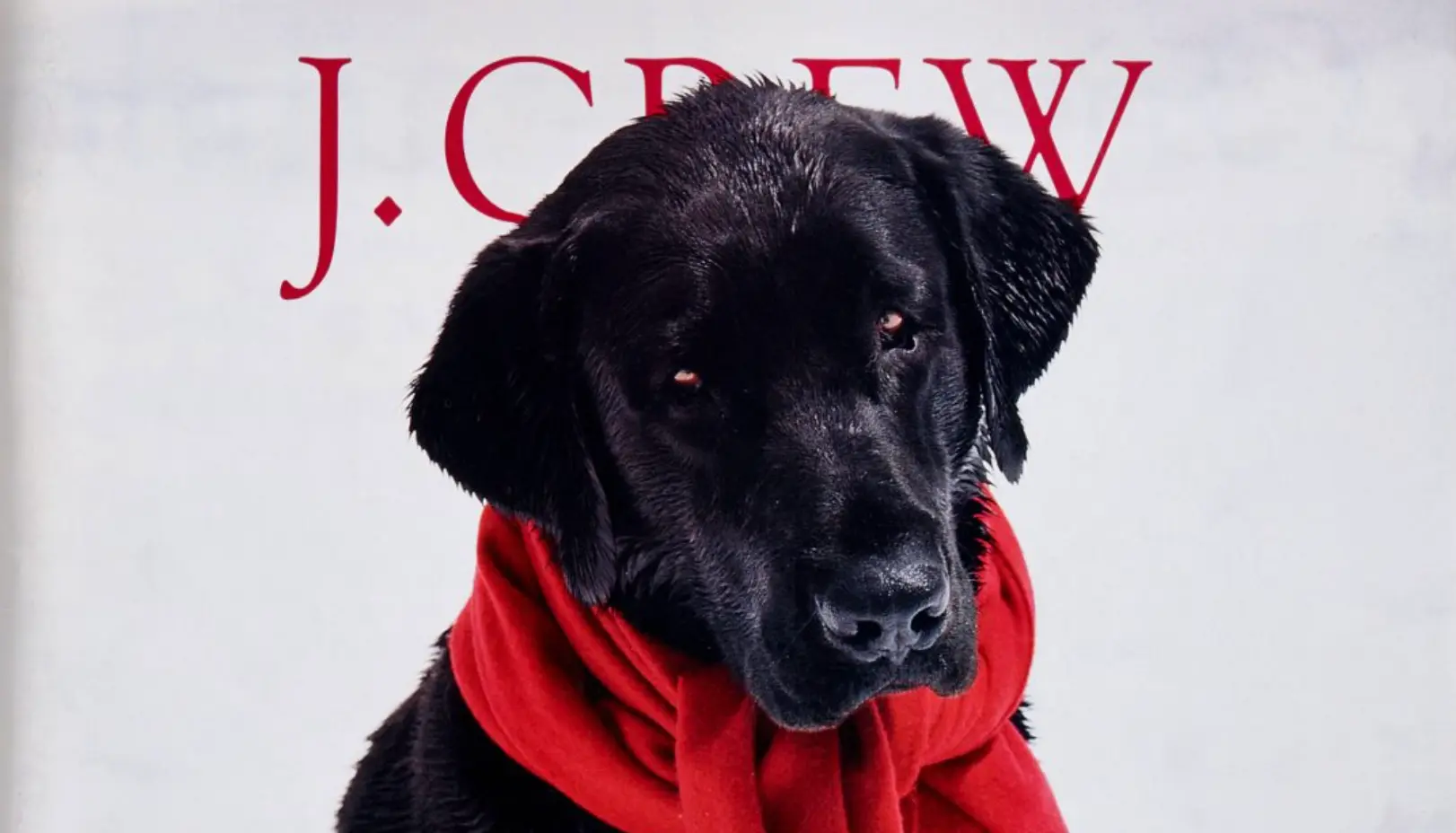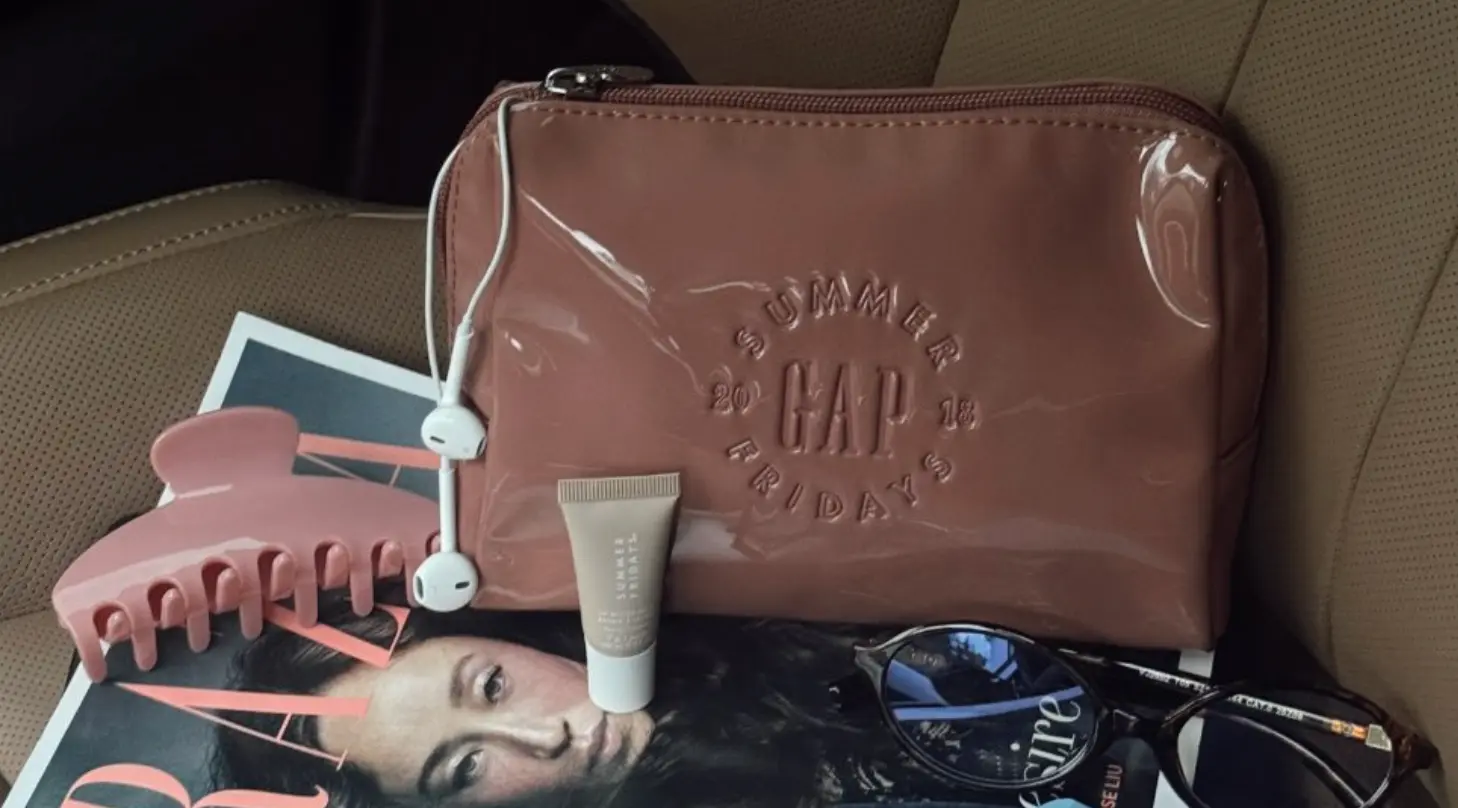Top 10 Richest Families in the World and How They Got So Rich: A Real Time, Updated List
Updated on
Published on

It’s always fascinating to see how some families manage to build and keep enormous fortunes over many years and sometimes across multiple generations. Family names like the Kardashians are constantly in the spotlight, and while they’ve built a marketing empire, they don’t even make the list of the richest families int the world. The families on this list are connected to massive retail giants, luxury brands, and industries like oil and technology. In this article, we’ll take a closer look at 10 different families who each hold incredible wealth, talk about how they got so rich, and see what businesses or assets they control. Below, you’ll find short profiles of these families: who they are, the value of their wealth, and how they grew such large empires. By seeing these examples, you can learn about the power of strong ideas, teamwork, and long-term thinking.
The Walton Family (Walmart)
Family Wealth: Estimated at over $267 billion.
What Makes Them the Richest Family in the World: Owning Walmart, the huge retail chain.
The Walton family’s story starts with Sam Walton, who opened the first Walmart store in Rogers, Arkansas, in 1962. Focused on low prices, Walmart rapidly expanded across the United States and then the entire world. Today, it’s one of the biggest retail companies, serving millions of shoppers every day. While Sam Walton passed away, his children (like Rob, Jim, and Alice Walton) still hold big shares in Walmart which is why they are considered the wealthiest family in the world. The business keeps growing through neighborhood markets and supercenters, making the Waltons a major force in global retail.

The Hermès Family (Hermès)
Family Wealth: $171 billion.
How They’re Rich: Hermès, a luxury fashion house known for high-end leather goods and accessories.
Thierry Hermès established the company in 1837 as a harness workshop in Paris, making horse harnesses and leather items. Over time, they developed iconic products like Birkin bags and silk scarves that wealthy customers used as status symbols. Their tight control of production keeps items rare and expensive, boosting brand prestige. Even after so many years, Hermès is still family-owned, showing how careful planning and unwavering focus on quality can sustain a luxury empire for generations.

The Wallenberg Family (Sweden)
Family Wealth: €250 billion.
How They’re Rich: Controlling big investments through a series of foundations and holding companies.
The Wallenberg family may not be as famous in some places, but in Sweden and throughout Europe, they are a powerful force. Their main interests lie in finance and industrial companies. Through their investment firm Investor AB, they hold stakes in well-known companies like Ericsson (telecom) and ABB (technology). They’re also recognized for founding banks and supporting universities. The family’s motto is “To move from knowledge to enlightened action,” showing how they place value on education and charity, as well as making money.

The Arnault Family (LVMH)
Family Wealth: Estimated above $191 billion at times
How They’re Rich: Running LVMH, a huge luxury goods group.
Bernard Arnault leads his family’s stake in LVMH, which owns famous brands such as Louis Vuitton, Dior, and Moët & Chandon. This luxury empire covers fashion, jewelry, champagne, cosmetics, and more. The Arnault family’s success isn’t just about glitz and glam—they grew by acquiring smaller luxury houses and carefully expanding them worldwide. Even though Bernard Arnault is the public face, his children also hold important roles within the company. The family’s ability to spot trends and keep brand prestige high helps them dominate the luxury goods world.

The Koch Family (Koch Industries)
Family Wealth: $116 billion in combined assets.
How They’re Rich: Koch Industries, spanning oil, chemicals, manufacturing, and more.
Fred Koch started the empire by developing a special method to refine oil. Later, Charles and David Koch turned Koch Industries into a massive conglomerate. Apart from energy and refining, the company also invests in ranching, consumer goods, and technology. Their approach often blends strong principles with independence, a style that has helped them stand out in American industry. Although David Koch passed away, Charles continues leading the company, and Koch Industries remains a prime example of how a big, family-owned firm can stay powerful and private.

The Ortega Family (Zara/Inditex)
Family Wealth: $115 billion, depending on stock prices.
How They’re Rich: Fast fashion empire known as Inditex, which owns Zara.
Amancio Ortega is the key figure behind this family’s wealth. He co-founded Zara in Spain in 1975, introducing a new way to get trendy clothes to stores fast. Inditex later added more chains, including Pull & Bear, Bershka and Massimo Dutti, but Zara remains the gem of their success. Because the store can quickly produce items that follow the newest styles, shoppers keep returning for the latest looks at decent prices. Ortega himself keeps a low profile, but his achievements in reinventing retail have secured his family’s spot among the wealthiest in Europe.

The Ambani Family (Reliance Industries)
Family Wealth: $95 Billion.
How They’re Rich: Owning Reliance, which spans petrochemicals, telecom, and retail.
The Ambani story began with Dhirubhai Ambani, who founded Reliance as a textiles firm in the 1960s. Over time, the business grew into oil refining, then moved into telecom (like Jio) and retail, changing how many Indians use mobile data and shop. Now, Mukesh Ambani leads Reliance Industries, turning it into a big force in India’s economy. Because of these large expansions, the family continues to accumulate remarkable wealth, placing them near the top of family fortunes worldwide.

The Mars Family (Mars Incorporated)
Family Wealth: Well above $115 billion.
How They’re Rich: Confectionery and pet care (like M&M’s, Snickers, Pedigree).
Franklin Mars started by selling candy bars in 1911, growing the business into a giant that remains privately owned. The company branched out into pet food (Pedigree, Whiskas) and other consumer goods. Mars family members prefer to stay out of the spotlight, but their name pops up on lists of extremely wealthy families. Their secret recipe for success includes strong brand loyalty and a willingness to invest in varied products, from chocolate to dog food. Being the richest families in the world usually start form one simple idea.

The Adani Family (Adani Group)
Family Wealth: $116 billion, placing them high on wealth charts in Asia.
How They’re Rich: Running the Adani Group, with interests in ports, energy, airports, and more.
Gautam Adani took a small trading venture and turned it into a big conglomerate controlling key parts of India’s infrastructure. Adani Group invests in coal mining, renewable energy, city gas distribution, and even airports. The family’s growth mirrors India’s rise in the global economy. By tackling both traditional (coal) and modern (solar) fields, the Adani family has built a wide economic network that shows no sign of slowing down.

The Slim Family (América Móvil)
Family Wealth: $77.7 billion.
How They’re Rich: Owning large shares in telecommunications, especially in Latin America.
Carlos Slim, the family’s most famous member, became known for Telmex (landline phones) and later América Móvil (mobile services). These companies dominate telecom markets across Mexico and beyond, with millions of subscribers. The Slim family is also one of the richest families in the world as it invests in banks, retail, and construction projects. Despite changes in the telecom landscape, they remain a major force, proving how one strong core business can lead to other profitable ventures.
Frequently Asked Questions (FAQs)
Q1: Who is currently the top richest family in the world?
The ranking changes based on stock markets, but the Walton family (Walmart) often sits near the top with over $200 billion. Others, like the Arnault family or Al Saud family, can rival that wealth, depending on how estimates are calculated.
Q2: How do these families pass down wealth for so many generations?
They usually set up trusts, family offices, or specific shareholding rules. This helps keep control within the family and avoids big sell-offs that would reduce their ownership.
Q3: Why do some families prefer to stay private?
Many of the richest families in the world don’t want public attention or media coverage, especially if they’re known for big money. Privacy helps them conduct business quietly and limits distractions and safety/security risks.
Q4: Are family-owned businesses always more successful?
Not necessarily. While many listed here are thriving, success depends on management decisions, industry trends, and other factors. But family-owned setups often benefit from a stable vision and less short-term investor pressure.
Wealth Emperors Pass it On
These 10 families showcase how extraordinary wealth is built and sustained across generations. From oil in Asia to fast fashion in Europe and retail in America, their empires thrive through careful planning, leadership, and innovation. Some pass businesses down to heirs, ensuring longevity, while others maintain privacy and control. Whether through diverse ventures or a single global product, their stories remind us that true wealth is a long game of effort, risk, and vision.







